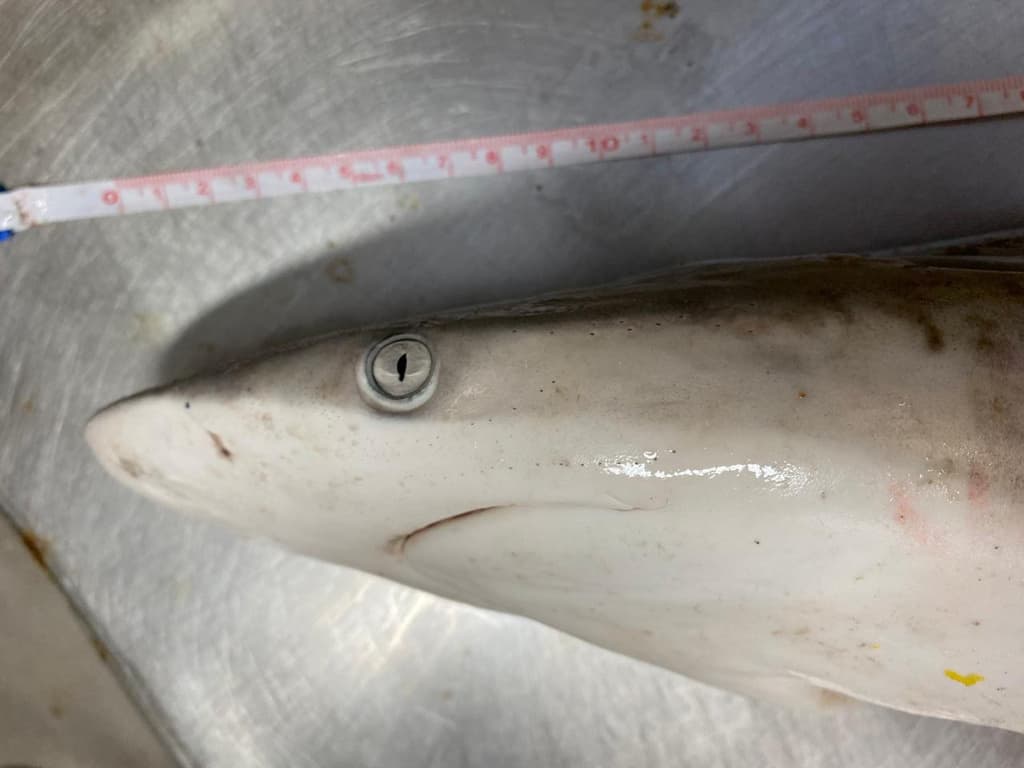Researchers in Brazil have made an unusual discovery: sharks with traces of cocaine in their muscles and livers have been found off the coast of Brazil.
In total, 13 specimens of the species white-spotted spurdog shark have tested positive for the central stimulant drug.
The researchers behind the study, published in the journal Science of the Total Environment, wanted to investigate how illegal drug consumption affects marine life. They therefore chose to test a smaller species of sharks that live in small areas near the coast, where the risk of exposure to the drug is higher than further out at sea, writes CNN.
The traces of cocaine are believed to come from wastewater from people who take the drug and from illegal laboratories, says one of the study's co-authors, Enrico Mendes Saggorio, to the TV channel.
Regardless of where the drug comes from – which we cannot yet determine – the results show that cocaine is being traded on a large scale in Brazil, says the same researcher to The Guardian.
I had already found cocaine in rivers that flow into the sea outside Rio, but it was a surprise to find it in sharks and to such an extent, says Saggorio to the newspaper.
The researchers have not been able to determine whether cocaine damages the sharks' health, but previous research has shown that narcotics harm other animals, such as fish and mussels.
Another aspect that the researchers have difficulty assessing is what effects cocaine-contaminated shark meat can have on humans who eat it.






